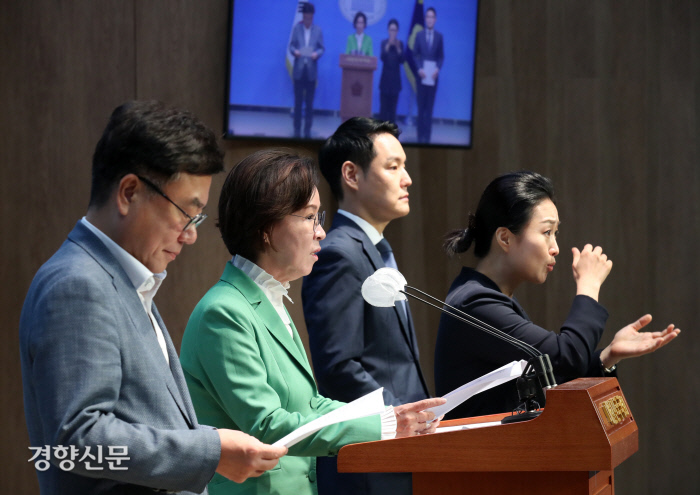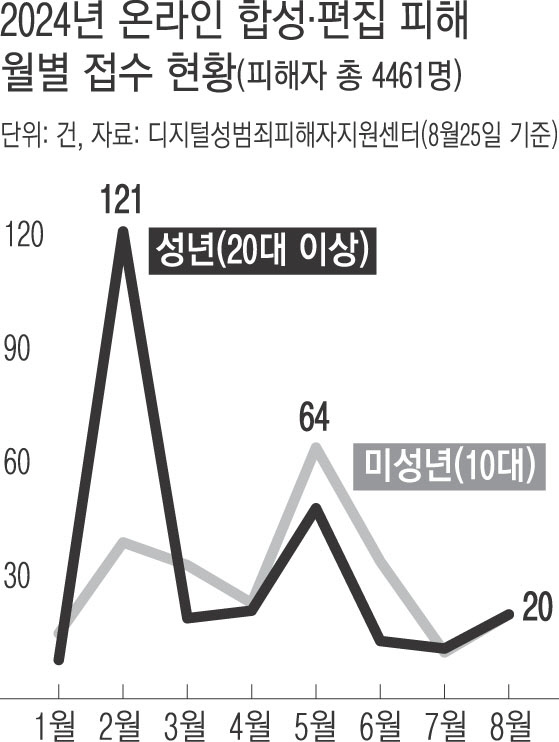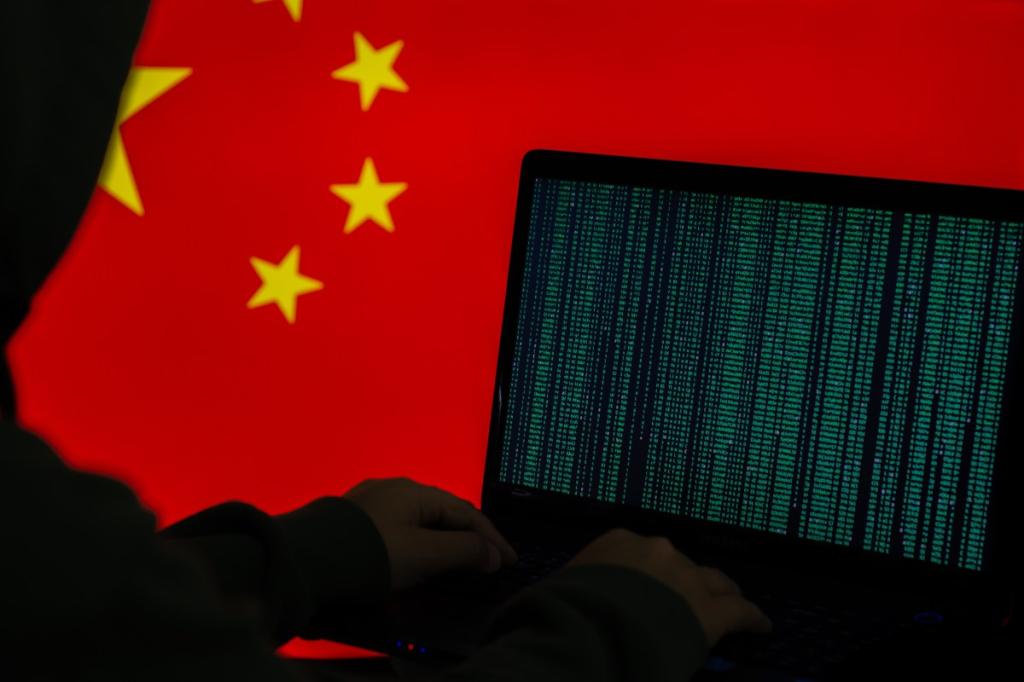Guarding Students Against Deepfake Dangers in Education
Discover how deepfake technology threatens students and learn vital strategies for protecting young minds from digital harassment in educational settings.

Key Points
- Deepfake technology poses a significant threat to students, with numerous cases of digital sexual crimes reported, particularly involving minors.
- Proactive measures, including educational initiatives and support systems, are essential for protecting students from the dangers of deepfakes.
- Collaboration between educational institutions and government entities is crucial for establishing effective legislation and ensuring student safety in the digital age.
In the digital age, technology continues to evolve at an unprecedented pace, bringing with it both remarkable opportunities and alarming challenges. One such challenge is the misuse of deepfake technology, particularly in the realm of education. Recent reports indicate that this sophisticated yet dangerous technique—often used to create fake videos—has seen a disturbing rise in cases involving cyber harassment and digital sexual crimes targeting students. With young, impressionable victims at the center of this crisis, it’s time we address the need for effective measures and regulations to combat deepfakes in educational institutions.
The Rapid Spread of Deepfake Technology
Deepfake technology leverages artificial intelligence to manipulate images and videos, creating fully realistic-looking content that can be incredibly deceptive. In South Korea, reports have emerged of students using platforms like
to share deepfake pornographic material, with some of the victims being minors. An alarming 502 cases of digital manipulation were reported to the Korean Women’s Human Rights Centre between January and late November of the previous year, with nearly half of those cases involving minors. This trend not only highlights the severity of the issue but also emphasizes the urgency for institutions to safeguard their students.

Institutional Responses and Calls for Action
In light of the growing crisis, various government bodies and educational institutions are being urged to take swift action. Recently, South Korean President Yoon Suk Yeol called for comprehensive investigations into deepfake sexual crimes, urging authorities to “eradicate these digital sex crimes completely”. This sentiment is echoed by educators and activists who stress the importance of quick and effective legislative responses to prevent further incidents. Effective collaboration and prevention strategies are vital to mitigate the risks associated with deepfake technology in schools.
For instance, the Incheon Metropolitan Office of Education is actively conducting investigations in schools suspected of being victims. They have established a reporting center and are gearing up to implement education aimed at preventing incidents related to digital sex crimes. Such proactive measures exemplify the kind of response necessary, as they allow educational institutions to not only react but also prevent potential occurrences of digital manipulation that could have lasting psychological effects on victims.

Creating a Safe Digital Environment for Students
Education and awareness are crucial in safeguarding students from the dangers of deepfakes. Schools need to integrate digital literacy into their curriculums, teaching students about the implications of sharing personal information online, recognizing deepfake media, and understanding their legal rights in case of cyber harassment. Additionally, parents and guardians must be equipped with knowledge of these challenges to provide support to their children.
Furthermore, establishing support networks for students affected by deepfake impersonations is vital. Reports show that victims often lack awareness of their victimization until the damage is done, leading to emotional distress. A rapid response strategy that allows students to report incidents confidentially can significantly contribute to their recovery and protection
A Collaborative Approach to Mitigating Risk
To effectively tackle the issue of deepfakes in educational settings, collaboration between government entities and educational institutions is essential. The Ministry of Gender Equality has been called upon to intensify its efforts in advocating for robust legislation that addresses digital sexual crimes. As emphasized by various political leaders, there is a pressing need for laws that define and punish deepfake-related offenses more stringently. Only through cohesive efforts can we foster an environment in which students feel secure and protected from digital harassment.
The time has come for educational institutions, policymakers, and parents alike to unite in educating and protecting young people from the dangers of deepfake technology. By creating awareness, reinforcing legislative measures, and providing support mechanisms, we can better equip our youth to navigate this digital landscape with confidence and safety.


